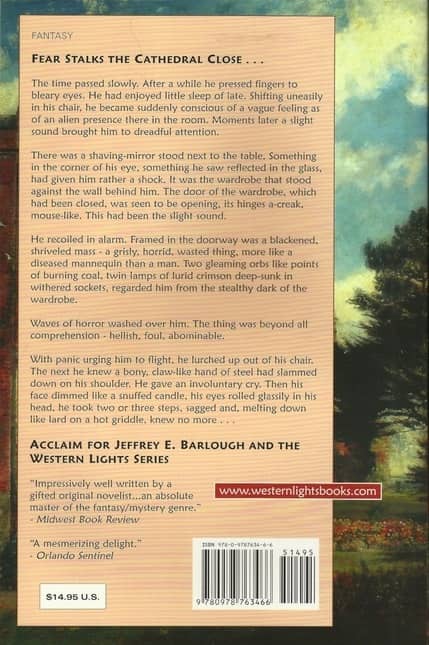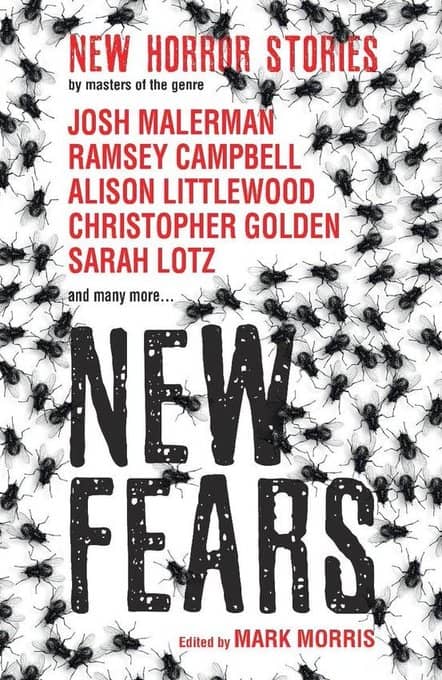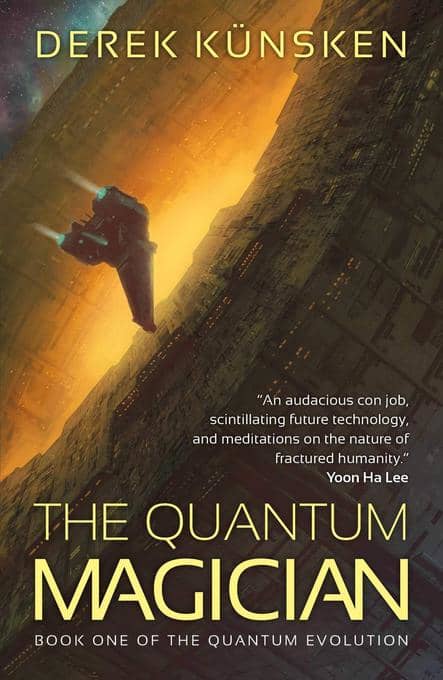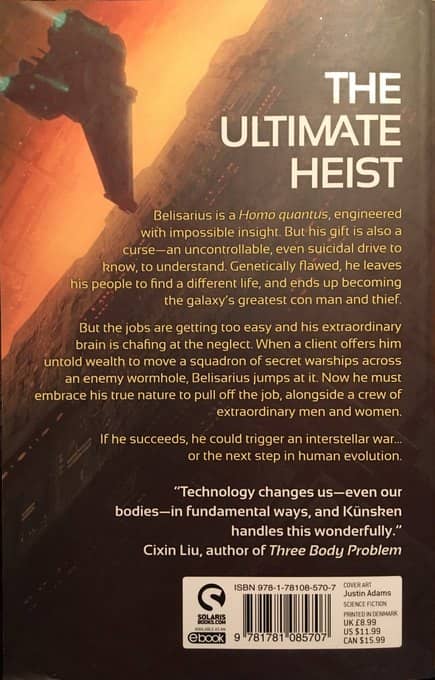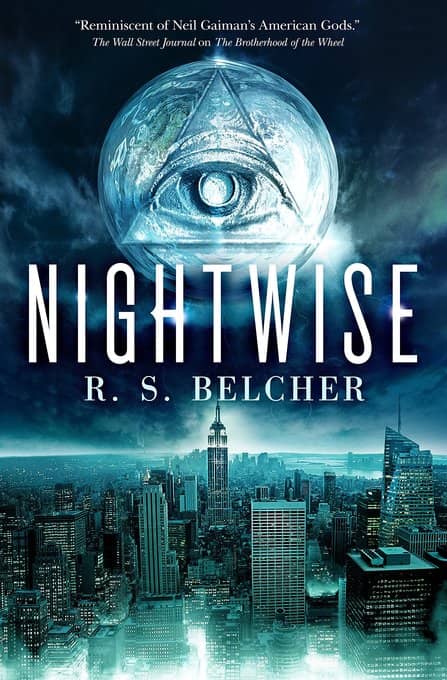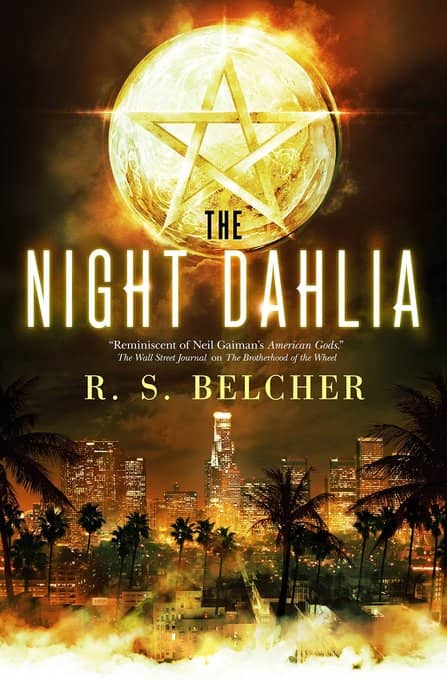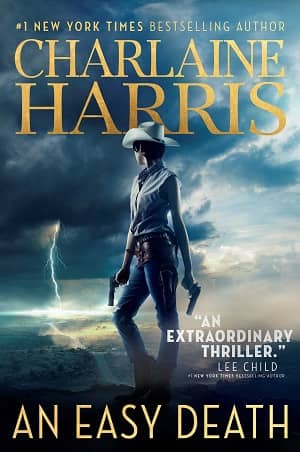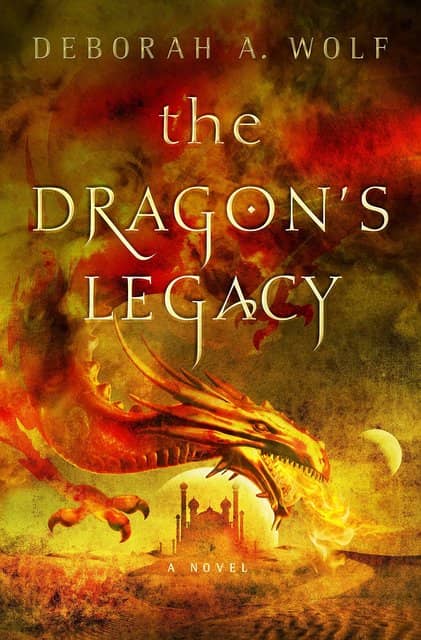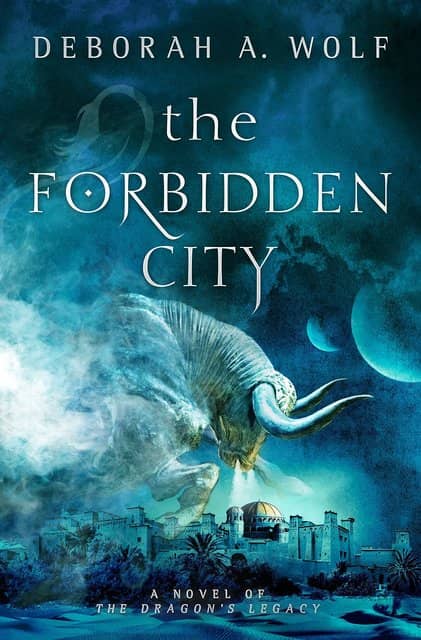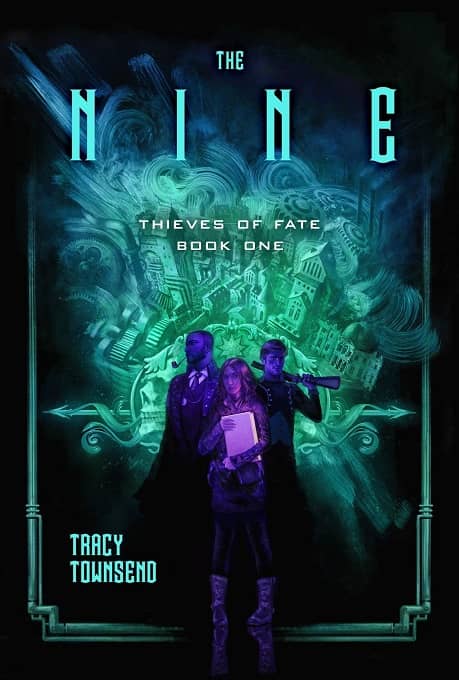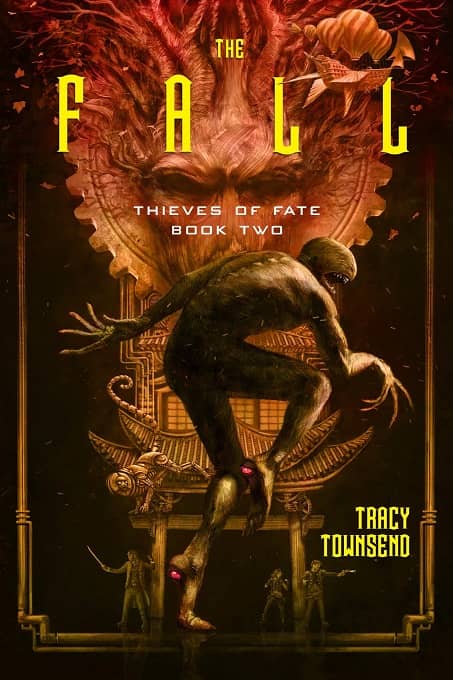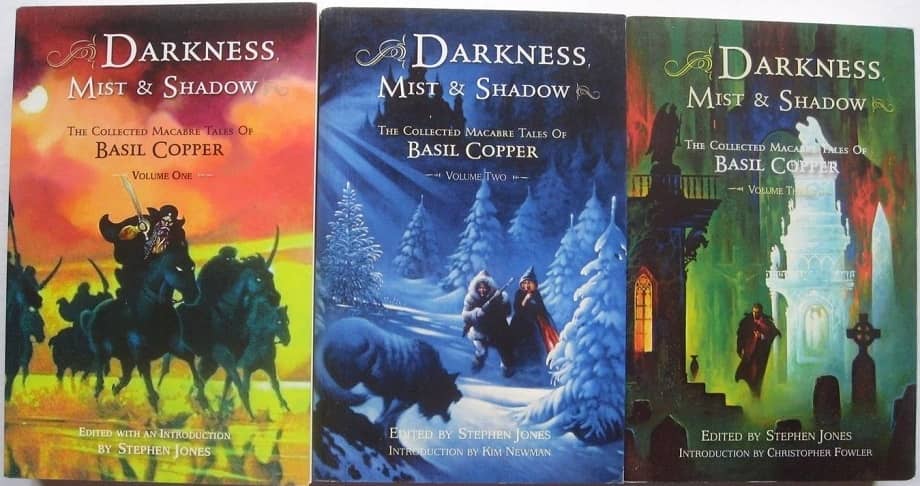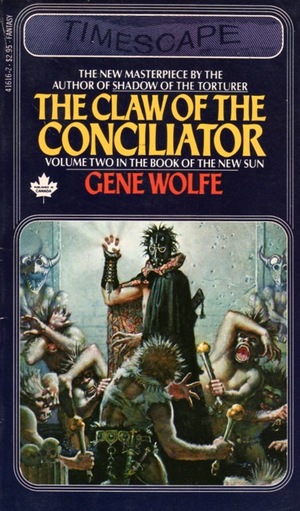From Beneath the Review Pile: The Same Old Story
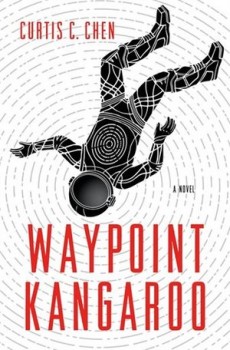 As they used to say in Monty Python, “and now for something completely different.”
As they used to say in Monty Python, “and now for something completely different.”
The more I read, the more difficult it is for me to be entranced by a novel or short story. My writer brain is always whirring away in the background, pointing out when an author has done something clever or highlighting specific techniques like Chekhov’s gun. To be honest, it’s sort of a pain in the ass. If a novel isn’t gripping to the point that my writer brain clicks off for a bit – or at least gets quieter – I usually put it down somewhere around the fifty-page mark, if not sooner.
Doing this column makes it tough sometimes, too, because a) I don’t like to review something I didn’t at least enjoy enough to finish, but b) I need to find a book worth reviewing every two weeks. And honestly, two years into this column it’s getting harder, since I keep seeing the same story over and over again.
Let me give you an example, without giving too many specifics (since I don’t want to insult anyone). Recently I started a space opera ARC that I received from a publisher, because the back cover blurb sounded really cool, involving a protagonist who’s vilified by the galaxy he worked to save. Except the novel doesn’t start with that; it goes back to the protagonist’s youth, struggling to find his own way in a typical noble household, feeling stifled and controlled until he escapes and begins to come into his own, etc, etc. Sigh. Where’s my story about the intergalactic savior grappling with whether he should consider himself a hero or a villain? If we started there, I’d be able to forgive yet another far-future imperial setting structured like a hundred other novels I’ve read in the last few years.
Sorry if that sounded a little more heated than I usually get here. It’s just that I keep seeing the same story, and it’s wearying. Sometimes the story pretends to be different through its main characters. Like a post-alien invasion apocalypse where the adults are gone and young people have to survive on their own. Jazz it up with lead characters that are different than your usual fare, whether it’s based on gender identity, race, mental health, physical disability, etc, and maybe you’ve got a hit. Or maybe it’s the same story with the exact same beats and even some of the same tropes, and all the author is trying to do is be clever.

